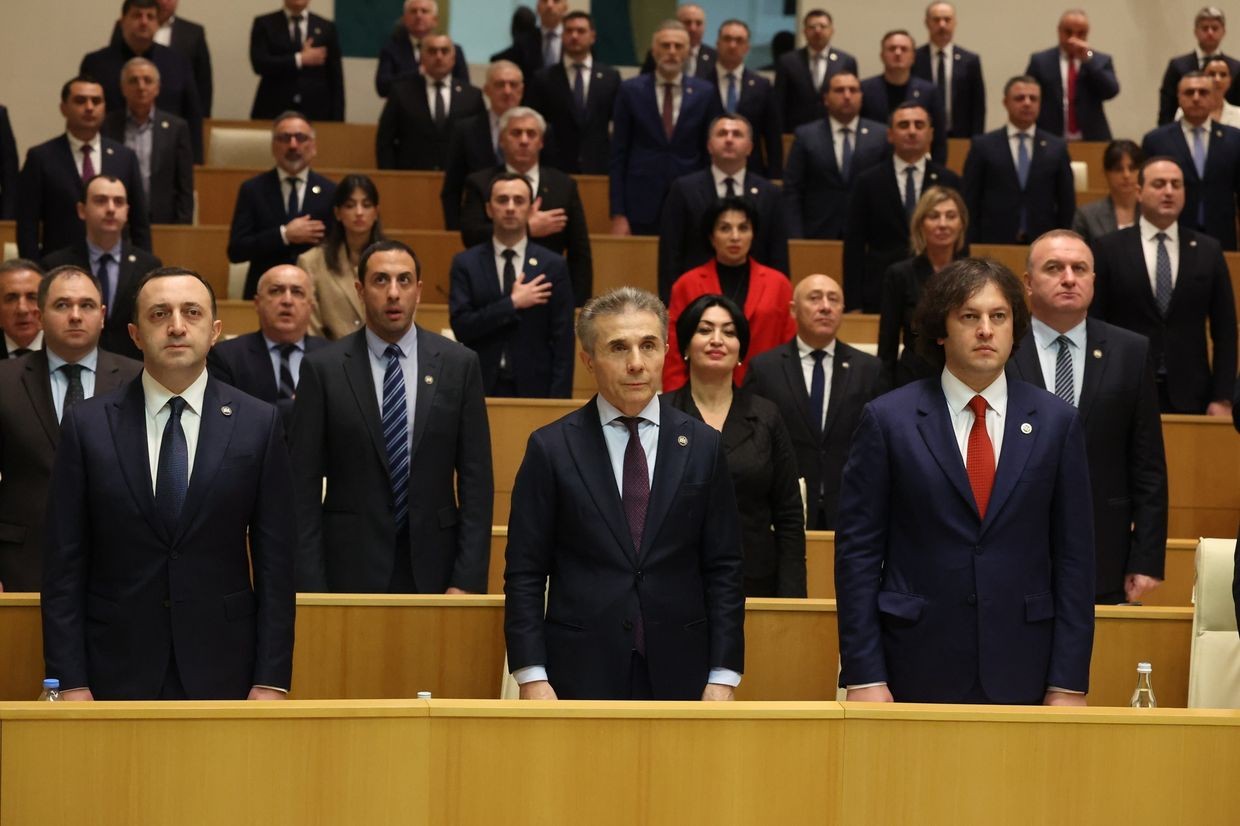
As part of a new barrage of restrictive legislation, the ruling Georgian Dream party has moved to limit several rights protected under the law on freedom of expression.
According to a new draft bill, Georgian Dream has proposed to shift the burden of proof in cases of defamation and libel from the plaintiff to the defendant, whether the lawsuit is filed by a private or a public person. As a result, whereas up until now the plaintiff had to prove that they were defamed, under the new rules, it will be the defendant who must prove they did not defame the claimant.
The authors of the bill also vowed to redefine the current legal definition of defamation — which currently refers to a statement that contains a substantially false fact, inflicting harm on a person and damages a person’s reputation — by removing the reference to ‘inflicting harm’.
Additionally, the draft law specifies that it is the court’s prerogative to decide whether a correction or retraction of a statement constitutes adequate compensation for the harm caused to the plaintiff.
Amendments to the law on freedom of expression would also remove a sentence stating that if there were ‘any doubt’ in a case that could not be resolved, the court should not limit freedom of speech.
Another provision set to be removed is one that currently prohibits holding a defendant liable solely for refusing to disclose a professional secret or confidential source in free speech-related cases.
Another change aims to remove a rule that prevents any restrictions on freedom of speech under the pretext of protecting privacy or personal data where there is a public interest in information being disclosed.
In recent months, the ruling party has adopted a series of restrictive laws and amendments, several of which have specifically targeted civil society organisations, independent media, and street protests.
The process accelerated significantly after 28 November, when continuous anti-government protests began in Georgia following the government’s suspension of Georgia’s EU membership bid.
Georgian Dream has repeatedly claimed that the new bills were necessary to fight the ‘influence of external powers’. Nonetheless, critics of the ruling party have insisted that these changes aim to undermine the media and civil society in an already fragile democracy.
The restrictive laws are being passed in a parliament where opposition is virtually nonexistent. Following the disputed 2024 elections, opposition parties refused to participate in parliamentary sessions.
Since then, the ruling party has been initiating and passing several new restrictive pieces of legislation without any obstacles, targeting media, civil society, and other critics.











